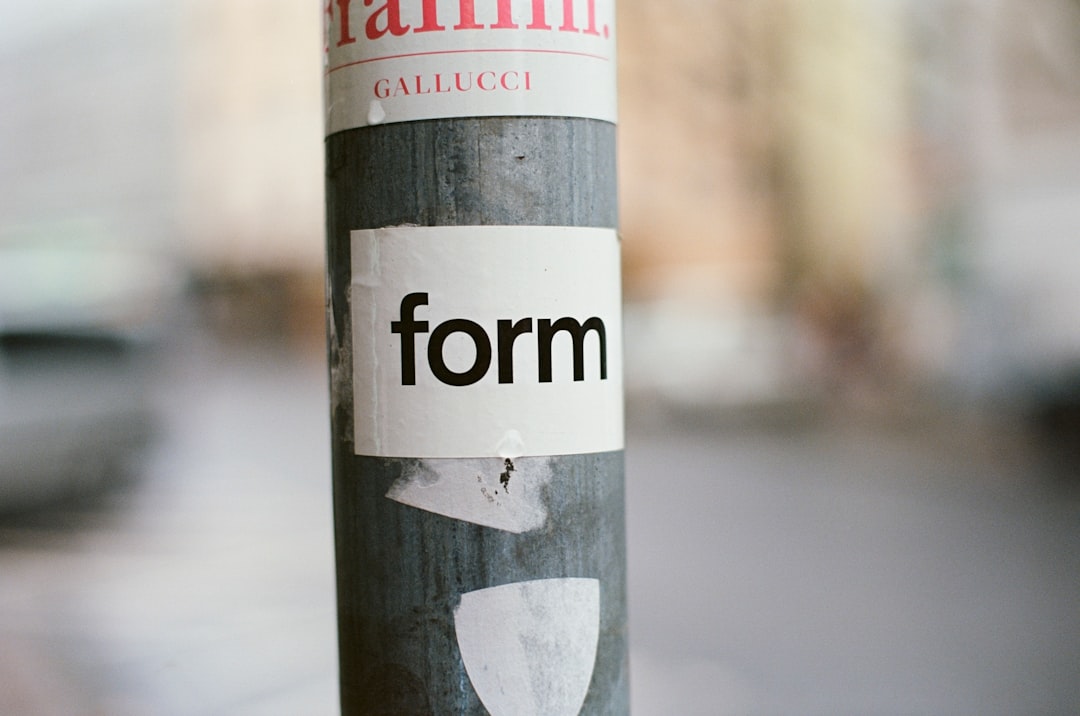Child welfare record keeping in Newport faces challenges with paper-based systems and fragmented data, hindering child abuse lawyers in Rhode Island. Blockchain technology offers a secure, tamper-proof solution for enhancing transparency, data integrity, and collaboration among stakeholders, ultimately protecting vulnerable children and supporting legal representation. Implementing blockchain could revolutionize record keeping, ensuring every transaction is accurately recorded and easily accessible to authorized parties, thereby streamlining decision-making for child abuse lawyers in the state.
In Newport, as with many areas, managing child welfare records is a complex task fraught with challenges. This article explores how blockchain technology could revolutionize record keeping in child welfare services. By offering secure, transparent, and tamper-proof ledgers, blockchain has the potential to streamline processes, enhance data integrity, and ultimately protect vulnerable children. We delve into the current system’s shortcomings, present blockchain as a solution, and discuss its implementation for stronger child protection measures, benefitting child abuse lawyers in Rhode Island and beyond.
Understanding Child Welfare Record Keeping in Newport

Child welfare record keeping in Newport is a critical process aimed at protecting and supporting vulnerable children and families. It involves meticulous documentation of cases involving child abuse, neglect, and dependency, ensuring that all interactions and interventions are properly recorded and accessible. This system is vital for tracking a child’s progress, evaluating the effectiveness of interventions, and making informed decisions about their future welfare. However, traditional record-keeping methods can be cumbersome, error-prone, and lack transparency, which may hinder the overall goal of providing optimal care.
In Newport, as in many places, child welfare records are often managed through outdated paper-based systems or disparate digital platforms, making information retrieval challenging. This is where blockchain technology could step in as a transformative solution. By leveraging decentralized ledgers, child abuse lawyers in Rhode Island can access secure, tamper-proof records that provide an immutable audit trail of every interaction and decision made in a case. This level of transparency and data integrity ensures that the best interests of the child are at the forefront of every process, fostering trust among all stakeholders involved.
Challenges in Current Record Management Systems

The current record management systems for child welfare in Newport face several challenges that hinder efficient and secure data handling. One of the primary issues is the reliance on paper-based documentation, which can lead to misplacing or losing critical records, especially during emergencies or rapid case changes. This manual process not only increases the risk of data integrity but also delays access to essential information for child abuse lawyers in Rhode Island who require swift and accurate case details.
Additionally, the lack of a centralized digital system results in fragmentation of data, where different agencies and departments use disparate software solutions. This makes it difficult to maintain a comprehensive view of a child’s welfare history, particularly when cases involve multiple agencies. Such siloed record-keeping can compromise the quality of care and legal representation for children involved in abusive situations, as crucial information may go unnoticed or uncoordinated between relevant stakeholders, including child abuse lawyers in Rhode Island.
Blockchain Technology: A Secure and Transparent Solution

Blockchain technology offers a groundbreaking solution for enhancing security and transparency in child welfare record keeping, which is of utmost importance to protect vulnerable children and support their well-being. This innovative system can revolutionize the way sensitive data is stored and shared among various agencies involved in child protection in Newport, Rhode Island.
By leveraging blockchain’s distributed ledger technology, each transaction or update regarding a child’s case becomes secure and tamper-proof. This means that records of medical history, legal proceedings, and care plans are stored on multiple nodes, making it nearly impossible to alter or manipulate data without detection. This level of security is particularly critical when dealing with sensitive information related to child abuse cases, ensuring that the privacy and integrity of the records are maintained. Moreover, blockchain’s transparent nature allows all authorized parties to access up-to-date information, fostering better collaboration among child welfare organizations, social workers, and legal professionals, ultimately benefiting children in need by streamlining crucial decision-making processes.
Implementing Blockchain for Enhanced Child Protection

Implementing blockchain technology in child welfare record keeping could significantly enhance protection measures for vulnerable children in Newport, Rhode Island. As a robust and secure digital ledger, blockchain ensures transparency and immutability, crucial aspects in handling sensitive data related to child abuse cases. This technology can streamline the process of documenting, storing, and sharing information among relevant authorities, including social workers, law enforcement, and the courts, ensuring every transaction is accurately recorded and easily verifiable.
For instance, a child abuse lawyer in Rhode Island could leverage blockchain to access a comprehensive, unalterable record of a child’s history, including medical records, reports of incidents, and protective measures taken. This real-time access to reliable data can expedite legal processes, facilitate better decision-making, and ultimately contribute to the safety and well-being of abused children in Newport.






